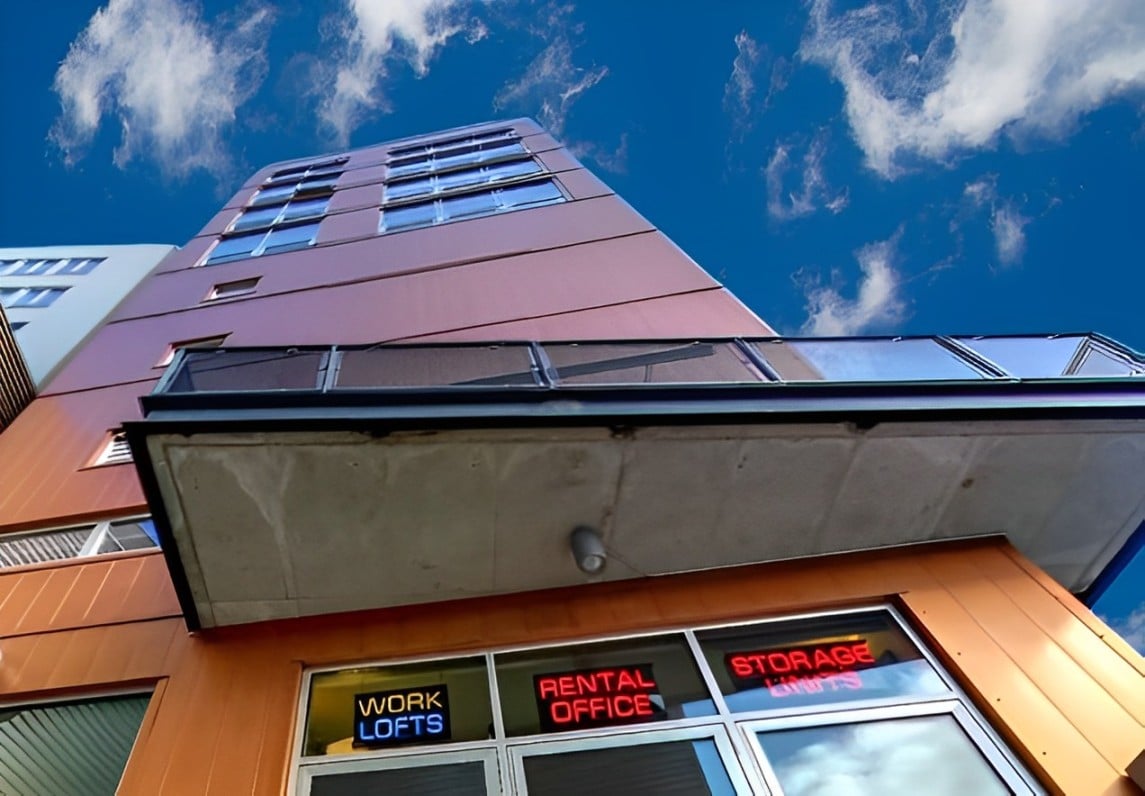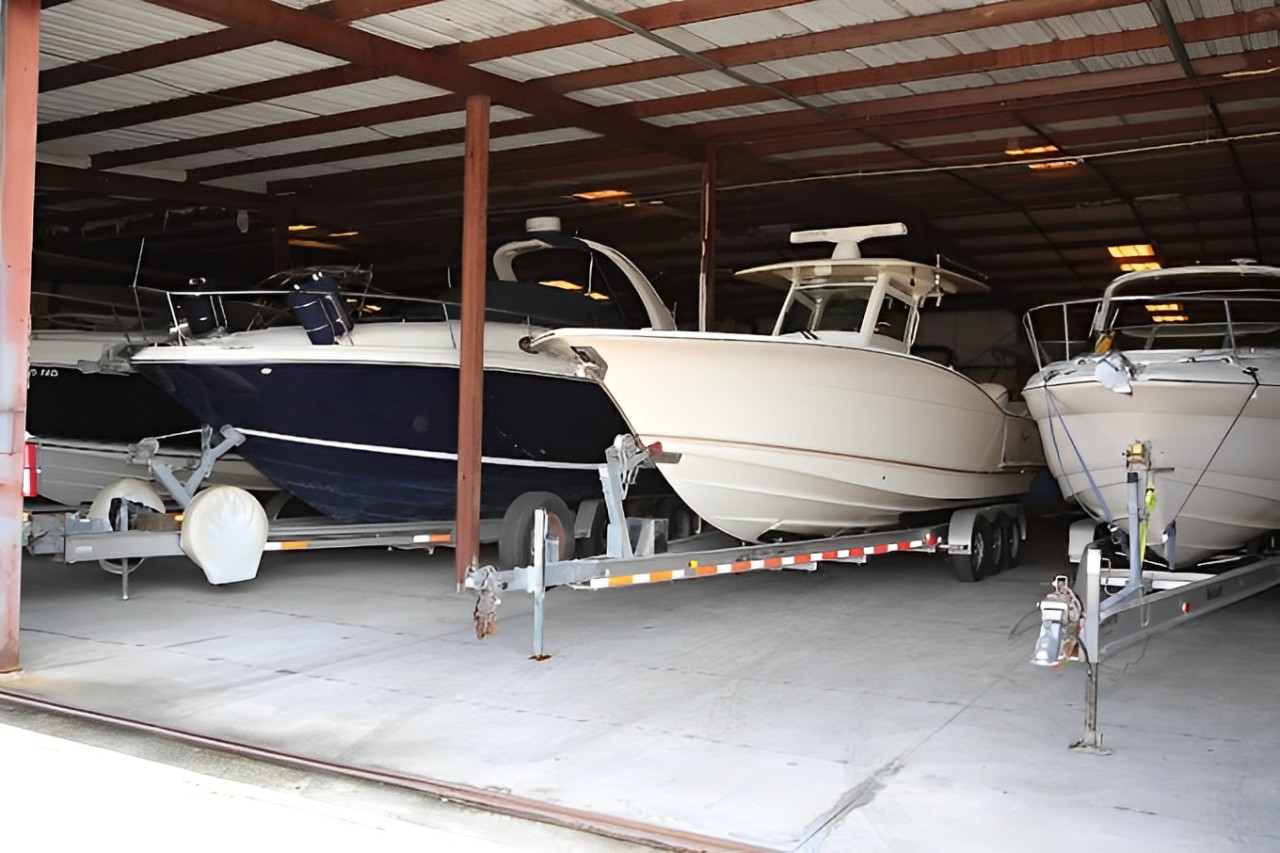A Storage Owner's Rights:
When a Rental Truck Damages Their Facility
The use of a rental truck is a common occurrence in the self-storage business. But, because renters are typically not accustomed to driving large vehicles, sometimes those drivers will unintentionally damage areas of a storage facility while visiting the property. We see damage to the gates, fences, and buildings. Once the damage occurs (and it’s oftentimes caught on camera), the facility operator is left with the question: “Who’s going to pay for this?”
Although the initial expectation may be to contact the truck rental company, the rental company is generally not responsible for the damage even though their truck was involved. When asked about insurance, it is common that the insurance that was purchased will only be for the truck itself and not for damage caused to other vehicles or property. So, the rental company will direct the injured party to the renter of the vehicle. If the renter has personal vehicle insurance, it is possible that their personal vehicle insurance may not cover the rental of a moving truck (a vehicle larger than the 9,000 pounds). Other options to explore are the renter’s credit card company, homeowner’s, or umbrella coverages, if any. It may be possible that these coverages would include damages caused while renting a moving truck, although some credit card companies specifically exclude these coverages if you are renting a truck.
It is possible, at the end of the day, that a driver who damages a self-storage property while renting a truck is essentially uninsured for the risk of damage to others. That is a startling reality and one that anyone renting a truck, loaning a free move-in truck, or allowing rental trucks into their storage facility should be aware of.
As best as possible, all renters should be required to verify their coverage for damages to persons and property other than the rental truck itself. The customer should contact their insurance agent, as well as their credit card providers, for clarification. If there is not a verification of additional coverage from these sources, the renter should obtain supplemental insurance coverage that’s approved for the size of the truck and for possible damage to other persons or property.
In addition to the concern for other persons or property, anyone who uses a rental truck for moving and storage should also confirm that they have cargo protection in place in case something happens to their property in transit. This type of insurance can lessen the possible claims brought by rental customers that their property was damaged as a result of the use of the rental truck.
Fortunately, many truck rental companies do offer supplemental insurance policies when renting moving trucks. The problem is that many renters are not aware of the exclusions to their policies which leave them uninsured. It is important that the truck rental companies, as well as the facilities offering free move-in trucks, discuss this concern with their customers.
At the end of the day, if a building is damaged and there is no insurance, the facility (or its insurance company under a subrogation claim) can go against the individual assets of the customer itself. Whether the customer has the money to pay for the damage is a different story.
Scott Zucker is a partner in the law firm of Weissmann Zucker Euster Morochnik & Garber, P.C. in Atlanta, Georgia.
More Content
Popular Posts
The REITs new pricing strategy – lowering...
The self storage industry is in a precarious...
With the approval of both companies’...
Recent Posts
Owning or managing a self-storage facility...
Helen Keller is quoted as saying, “Alone we...
It’s often been said that “opportunity is...
There’s a saying in Florida that there are...
The landscape of the self-storage industry...
Last January, the prime interest rate was...
Many of us are seeking ways to bring in new...














